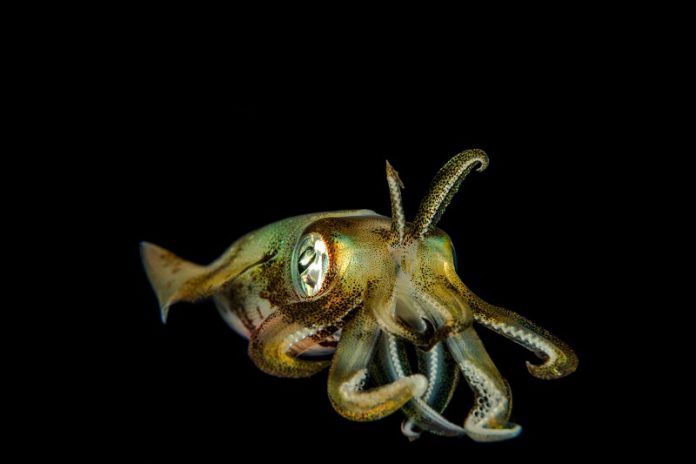
Scientists have made an exciting discovery about octopuses: they have one of the oldest known sex chromosomes in the animal world!
A team from the University of Oregon found a sex chromosome in the California two-spot octopus that has existed for about 480 million years.
This means it appeared long before octopuses split from their distant relatives, the nautiluses, on the evolutionary tree.
This finding confirms that octopuses—and other cephalopods like squid and nautiluses—use chromosomes to determine their sex.
Until now, scientists weren’t sure how these animals developed into males or females.
“In humans and most mammals, sex is decided by chromosomes, but this isn’t true for all animals,” said Andrew Kern, a biologist at the University of Oregon. “There is a huge variety in how sex is determined in nature.”
For example, turtles develop as male or female based on the temperature of their eggs, and some fish use a single gene instead of an entire chromosome to determine sex. Even in humans, the common XX (female) and XY (male) system is more complicated than it seems, as genetic mutations can lead to differences in development.
Because octopuses are not commonly studied in labs like mice or fruit flies, their genetics remain a mystery in many ways. While scientists have sequenced the genomes of some octopus species, they haven’t yet been able to match specific genes with traits, like they can in humans.
The breakthrough happened when researchers analyzed the DNA of a female California two-spot octopus and found something unusual—a chromosome with only half the normal amount of genetic material. It was missing from previous studies of male octopuses.
“This chromosome had half the sequencing data of a typical one, which suggested there was only one copy instead of a pair,” said researcher Gabby Coffing. “After more study, we realized we had discovered a sex chromosome.”
To confirm their findings, the team examined genetic data from other octopus studies. Not all past research clearly labeled whether samples came from male or female octopuses, but the scientists still found another example of this unusual chromosome in a different octopus species. They also discovered it in squid, which evolved separately from octopuses 248 to 455 million years ago, and in the nautilus, which split from the octopus about 480 million years ago.
Since these distant relatives share this chromosome, scientists now believe it existed in a common ancestor hundreds of millions of years ago.
Sex chromosomes usually evolve quickly because they directly affect reproduction. Over time, many animals develop new systems for determining sex. However, octopuses seem to have kept the same system for an incredibly long time, making their sex chromosome one of the oldest known.
Similar ancient sex chromosomes have been found in some plants, like mosses and liverworts, and insects may have had sex chromosomes for 450 million years, though theirs have changed a lot over time.
Initially, researchers thought octopuses might have a system similar to birds and butterflies, where males are ZZ and females are ZW. But they haven’t yet found a W chromosome in octopuses. Another possibility is that males have two copies of a Z chromosome while females only have one.
For now, some mysteries remain. “There’s still more to learn,” Coffing said. “The octopus continues to keep some of its secrets.”



